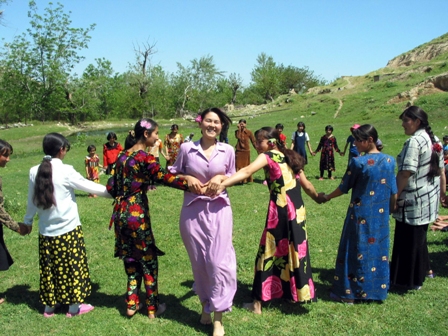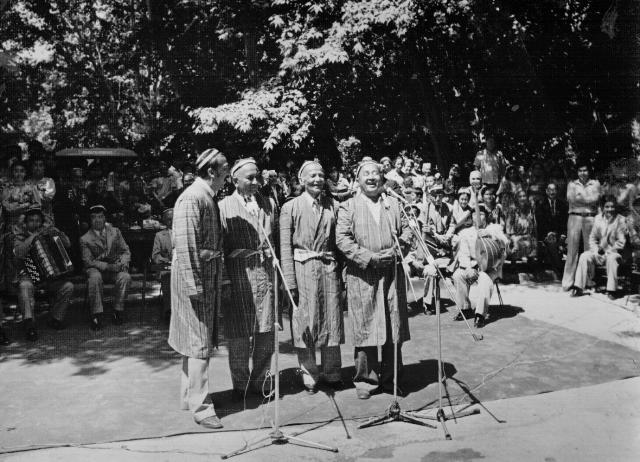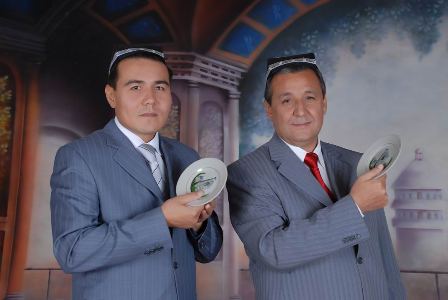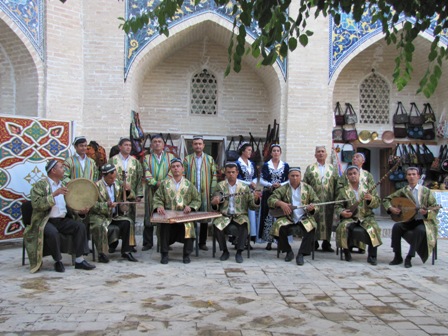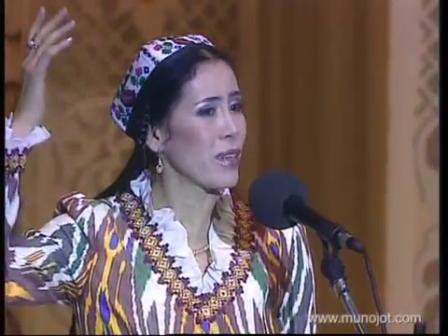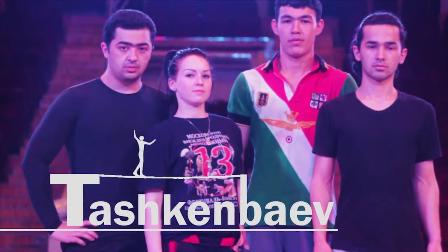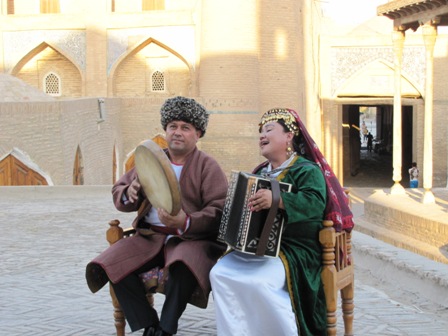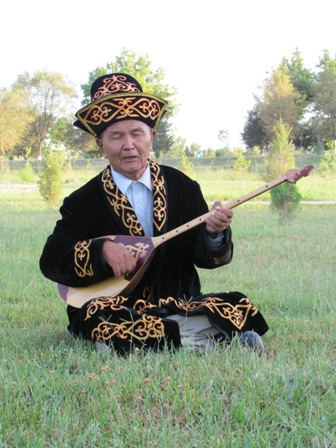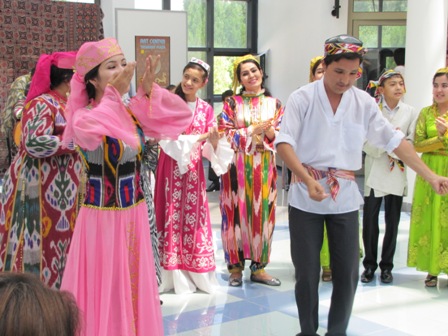Experience of Mahalla in Safeguarding Intangible Cultural Heritage
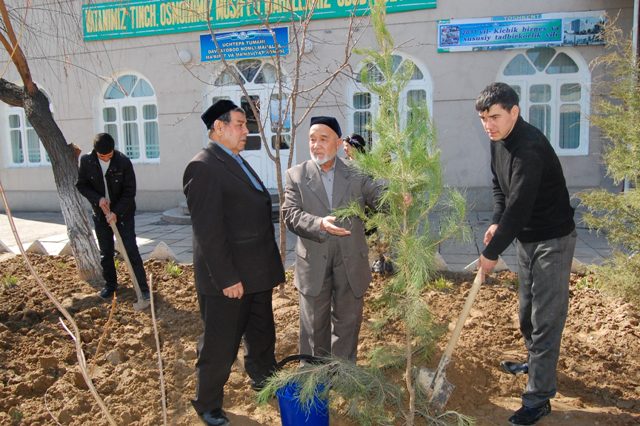
Domain: Knowledge and Practices concerning Nature and the Universe
Index Number: 04.02.02
As it is known, mahalla is a historically evolving community, which is created on the initiative of residents. As it was in the past, at present mahalla, being the place, where upbringing of an individual takes place and where national values get formed, is considered a unique institution that preserves intangible cultural heritage. Undoubtedly, people rely on mahalla when it comes to the issues of national consciousness, traditions, customs and rituals, which are peculiar to Uzbeks.
In accordance with historical and ethnographic literature, under the term of "mahalla" a territorial community uniting one big family or several small families was understood. And mahalla is a historically evolving community, which is created on the initiative of residents.
Mahalla has a rich history. As many archaeological sources testify, its roots go as far as to the Bronze Age. It suffices to mention that in the state of Ferghana (Parkana), which existed from the III century B.C. to the beginning of the V century A.D., all state-related questions were decided by a council of elders.
Uzbek mahalla, being the hearth of benevolence and upbringing, being the place, where national traditions, customs and rituals emerged and got formed, was very important in nurturing generousness among people, in shaping peculiar community and socium related traditions. In particular, it took active role in arranging weddings and festivities, united people for hashars, organized common celebration of holidays, provided support to the needy, and performed other functions.
Under the leadership of elders (oqsoqol) various ceremonies, (such as beshik toy, sunnat toy, nikoh toy, etc.), commemorative events, national wrestling (kurash) and goat hunting (kopkari) contests were organized during open air celebrations (such as Navruz, Lola sayili, Hosil bayrami, Mehrjon) in mahallas.
It is thanks to the observance of common traditions in mahallas that ethical and moral ideas are instilled, which are based on traditions of intangible culture as well as spiritual principles typical for Uzbeks. What is more, through these kinds of events younger generation learns customs, rituals and traditions, at the root of which lie kindness and generousness. It is for this reason it is possible to observe among Uzbeks such sayings as "Mahalla is your father, Mahalla is your mother" or "One child has seven parent-neighbors".
It became a good tradition to organize hashars with participation of chairmen (oqsoqol) and activists in every mahalla on the eve of Ramadan, Eid al-Adha, Navruz, Memorial Day and Independence Day. To this end a chairman of mahalla, based on life experience accumulated, paid great attention to his own activity, to the fulfillment of various responsibilities by young people in the community.
In addition, the games, which were aimed at shaping spiritual and ethical world, and which were preserved and transmitted from generation to generation in mahalla, helped to nurture the feeling of unity among children. Through such games as "chittigul", "yashinmachoq", "beshtosh", "mehmon-mehmon", "oq munchoqdan kok munchoq" (played by girls) and "jupmi-toq", "koz boghlar", "varrak", "ghiz-ghizak", "ghir-ghirak", "mush ketdi", "ov", "oshiq", "ishti", "hurjun-hurjun" (played by boys) the participants got united, formed a single community and became parts of that community. Under influence of the community in conscience of children an aspiration emerged concerning their future (i.e. that someone should become a parent, another one – a leader of the community); and they began imitating older people and their behaviors. By keeping away from the upbringing of own parents, children, in the circle of their peers, gradually began to enter the community of mature people.
As can be seen from the above, mahalla is considered a peculiar type of "school" in reviving and developing historically evolved values, in transmitting intangible heritage from generation to generation, in adapting younger generation to daily and adult life.





